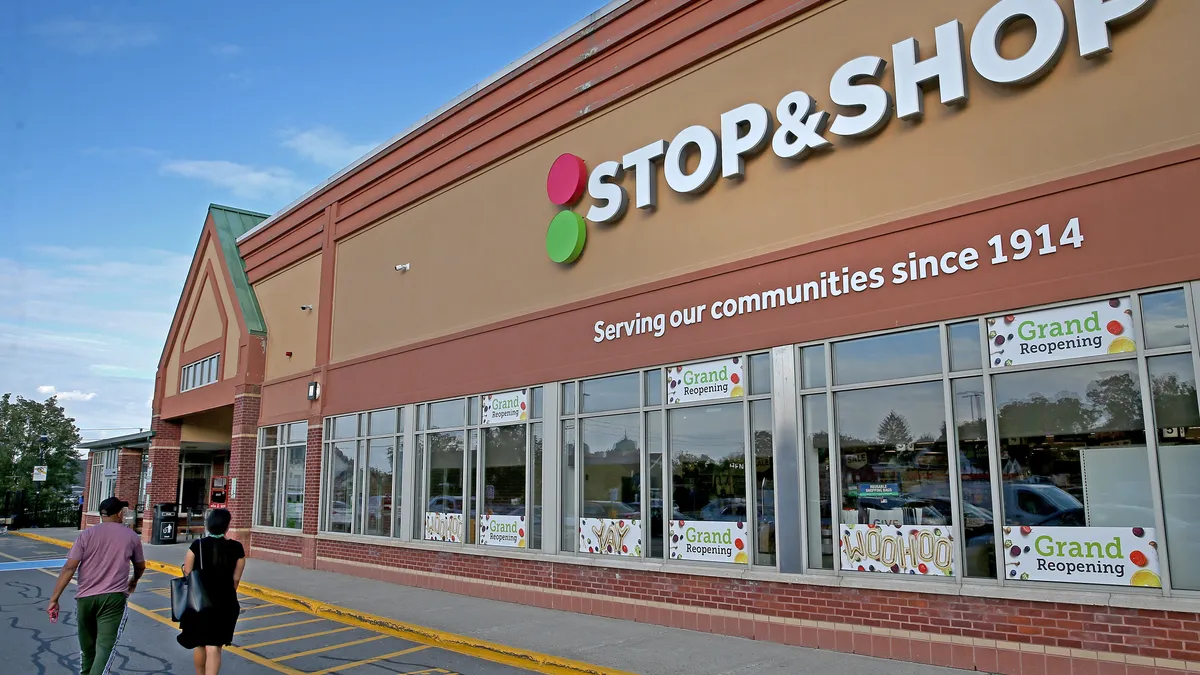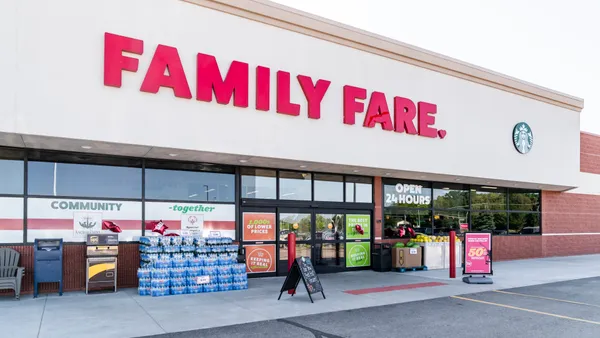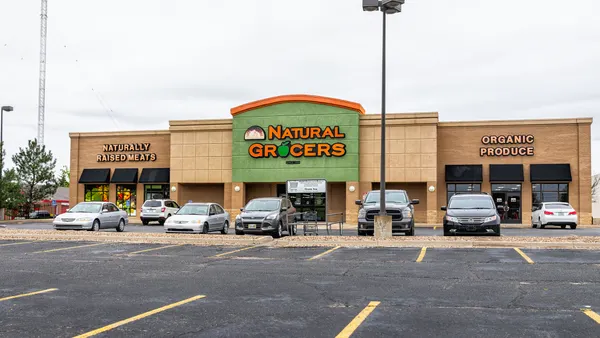Stop & Shop is facing “price gouging concerns” from U.S. Senators Elizabeth Warren and Ed Markey along with Representatives Jim McGovern and Ayanna Pressley, who sent a joint letter to parent company Ahold Delhaize’s CEO Frans Muller seeking information on price discrepancies between Massachusetts locations.
The letter cites a group of Boston youth volunteers at the Hyde Square Task Force who led an investigation last year that revealed pricing discrepancies between Stop & Shop locations in Massachusetts. The study uncovered that Stop & Shop in Boston’s Jamaica Plain neighborhood, a “largely minority and working-class area,” was charging 18% more for groceries compared to the Stop & Shop in Dedham, a more “affluent suburb,” the letter noted.
The four politicians are requesting information from Stop & Shop on its pricing algorithm, an explanation for the price differences at the Jamaica Plain and Dedham neighborhood stores and any steps the grocer is taking to improve pricing consistency across its Massachusetts footprint, which consists of 124 locations, according to a press release from Sen. Warren.
“These types of price discrepancies place significant burdens on already-struggling consumers,” the lawmakers wrote in the letter sent to Muller on Sept. 30, claiming that this is just one example of a larger pricing trend that began during the COVID-19 pandemic.
Stop & Shop plans to respond to Sen. Warren’s letter, a spokesperson for the grocer said in an email to Grocery Dive on Friday.
The spokesperson said the chain is working “to keep prices as low as possible for our customers,” pointing to the brand’s store update strategy.
Stop & Shop’s spokesperson said the chain recently lowered prices on “thousands of items in each store in areas like Western Massachusetts, Connecticut, select locations in the Boston area, and most recently across Rhode Island.”
“Under no circumstances does Stop & Shop consider a store neighborhood’s socioeconomic makeup when setting prices. Stop & Shop, like many other retailers, has prices that may vary by store location to account for factors like whether a property is owned or leased, rent, labor costs, store size, and store offerings, among other things,” the spokesperson said.
They continued: “For example, our Hyde Park and Roslindale stores in Boston are priced very similar to Dedham, in part due to having tenants at these locations that offset operating costs.”
Ahold Delhaize did not respond to a request for comment by publication time.
Price gouging has become a hot-button issue across the grocery industry as well as in policies and the 2024 election. In February, Warren and other lawmakers reintroduced the Price Gouging Prevention Act of 2024, which would “crack down on major companies that exploit American consumers or exercise unfair leverage while jacking up prices,” according to the press release.
This summer, Vice President Kamala Harris promised a federal ban on food price-gouging as part of proposed economic policies during a speech for her presidential campaign. The Biden administration has also been pressing grocers to lower prices and earlier this year tapped a White House Council of Economic Advisers analysis to make the case that grocers have not lowered prices even as their own costs have declined.
Editor’s Note: This story has been updated with input from Stop & Shop.














